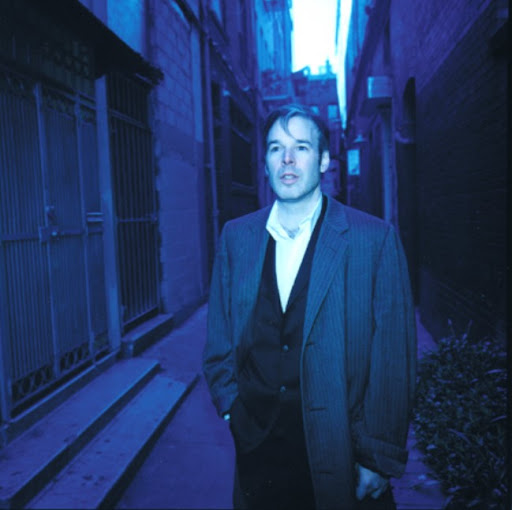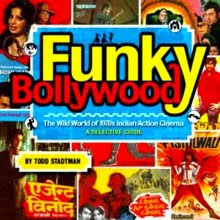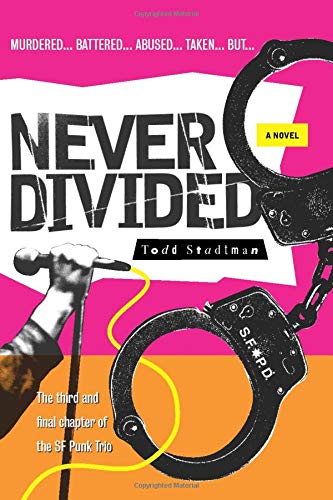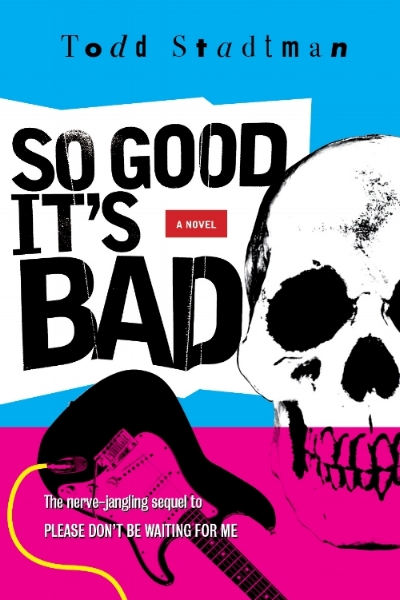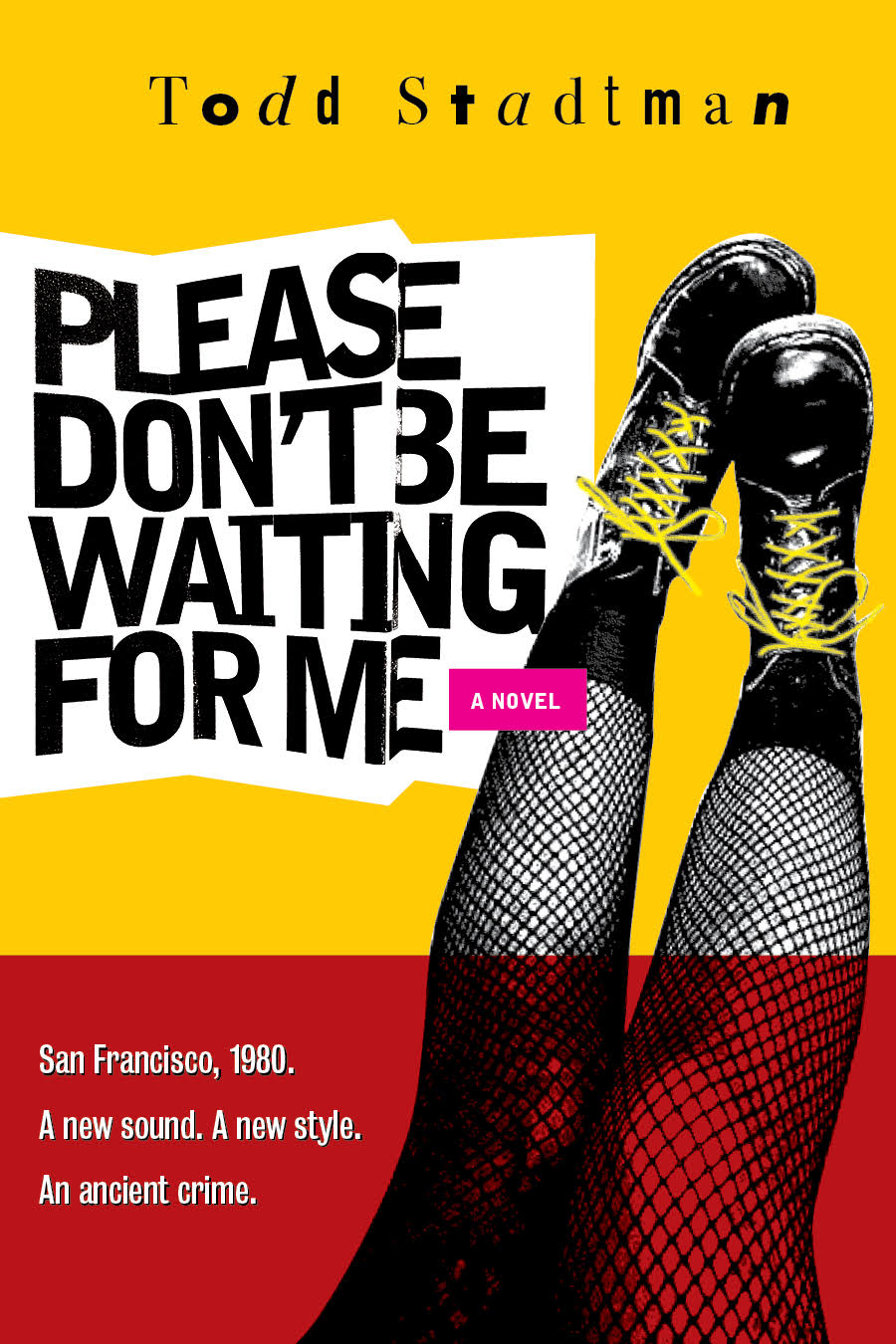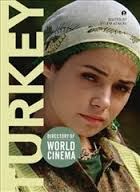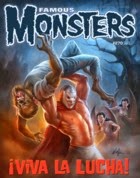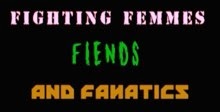If you prefer your Italian Westerns dark, as I tend to, the waning years of the sixties is your vintage of choice. It was during that period—roughly all of 1969 through the first half of 1970—that some of the cornerstone films of the gothic western genre were released, among them Antonio Margheritti’s
And God Said to Cain, Robert Hossein’s
Cemetery without Crosses, and the bastard that I’ll be discussing today, Django The Bastard.
Django The Bastard is one of the only, and perhaps
the only, of the Django films that could be considered a direct sequel to Sergio Corbucci’s 1966 original. That’s because, rather than simply slapping the name Django on its protagonist for marketing purposes, it honors Corbucci’s conception of Django by presenting him as a blunt archetype; a specter of vengeance who strikes terror into the hearts of evildoers by merging in and out of the shadows, much like the American pulp anti-hero The Shadow. Of course, here, rather than showing up in town with a coffin dragging behind his horse, he shows up bearing a grave marker on which the name of his intended victim is written. In both cases, he’s a pretty morbid dude, is what I’m saying.


As directed by Sergio Garrone and portrayed by co-writer/star Anthony Steffen (aka Antonio De Teffè), the film’s incarnation of Django could rightly be called two dimensional, but can’t be faulted for lacking flesh and blood. That’s because, by the end of the film, the filmmakers are pretty clearly suggesting that this Django is not flesh and blood at all, but rather a straight up ghost. As such, the traditional way for a villain to greet him is by first shouting “but you’re dead!” before trying and failing to kill him. This interpretation is leant weight by the surfeit of spooky atmosphere that Garrone and cinematographer Gino Santini bring to the task of telling the story.

At the picture's opening, Django arrives in whatever godforsaken burgh this movie takes place in (when not specified, I tend to think of all Spaghetti Westerns as taking place in a fabled every-land much like the Shaw Brothers’ oft-visited Martial World) carrying a cross-shaped grave marker bearing the name Sam Hawkins. Hawkins (Victoriana Gazzara) is one of several turncoat confederate officers who betrayed Djangos army unit and left him for dead. (There is a surreal flashback to this event that lends Django the Bastard a similarity to another supernaturally tinged western, Giulio Questi’s Django Kill!] Now it’s some fifteen years later and Django is looking to track down those officers and subject them to some variably poetic and uniformly violent justice. Fortunately for him, all of them seem to have settled in the same town.
Hawkins, in particular, appears to have done very well for himself in the years since screwing over Django and his comrades, and now rules over the town like some kind of personal fiefdom.


At Hawkins' side is his son Jack, an overgrown cretin played by Luciano Rossi, whose bleached mop of hair signals that his part might otherwise have been played by Klaus Kinski. Hawkins has paid Alida (Rada Rassimov) a money-obsessed bar girl to marry Jack and give him grandchildren. The fact that Alida, a cold hearted gold digger if there ever was one, is the movie’s primary female character means that there is little potential for Django to make love connection while on the vengeance trail.
Not that Alida doesn’t try. Indeed, it is Django’s exchanges with her that provide some of the script’s most pithy lines, such as when Alida offers to split Hawkins’ fortune with him.
“I’m not interested in money,” Django says grimly.
“You can’t buy much with hate,” Alida replies.
On a similar note, Alida tells Django at a later point that, with Hawkins’ money, they will be “rich forever.”
“We won’t live forever,” says Django flatly.
And so Django goes about surreptitiously strangling, shooting, garroting and otherwise dispatching his betrayers, along with many of their minions. It gets to the point that the respective gangs have been driven into such a paranoid panic that they begin to war with each other. It is against this chaotic backdrop that Django and Jack hunt each other down, each hoping to kill the other before being killed themselves. Their final confrontation is, of course, violent and, for that added dash of sacrilegious frisson, staged in a darkened church.
I have seen
Django The Bastard referred as a “horror Western” and I suppose that works, though I think the film’s reliance on fast-paced action plants it more squarely in the Western genre. Also to be considered is the fact that the film ultimately leaves open the question of whether or not Django really is a supernatural being. In this way, the filmmakers get to capitalize on the story’s spooky elements without sacrificing the credulity of audience members who came to the film expecting a straightforward Western. I don’t think those filmmakers had the ambition—or the stones—to do otherwise. If the film was an equal combination of the genres, it would wreak havoc with audience expectations. The horror aspect of the story would push us to see Django as some kind of monster, and empathize with his victim's suffering, while the Western would encourage us to identify with him as a hero, and revel in the suffering he inflicts upon his victims, who are, after all, the bad guys.


Because that’s the way Westerns work: the lone stranger who arrives in the strange town at the beginning of the picture is usually the one whose viewpoint we take, as his situation mirrors ours as we cautiously trek, guns drawn, into the strange new narrative that awaits us. While
Django The Bastard is not the strangest Spaghetti Western that I’ve seen, its genre blending does sets it aside from the more prosaic films of its ilk enough to make it well worth seeing.
















